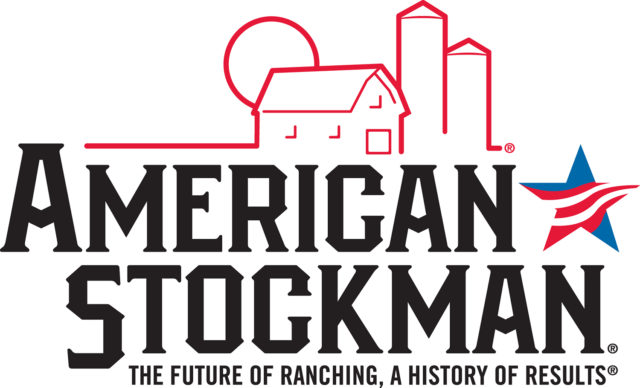“Even with this growth, we will have the need for continued expansion globally because a commercially available source of algal DHA benefits the entire food chain, including human health with DHA as an essential omega-3 fatty acid,” said Becky Timmons, global technical director of Alltech Algae (AA).
Although most commercial algae production is done using an autotrophic method that requires open, outdoor waterways, the heterotrophic method used by the company utilizes indoor fermenters. The closed-system nature of the heterotrophic growth method provides high levels of sterility and process control, which produce a purer and more consistent algae product. Several studies have also indicated that the omega-3 fatty acid content of algae can be two to three times higher when produced through the heterotrophic method.
In humans, the nutritional importance of DHA omega-3 is linked to brain and eye development as well as the reduction of coronary heart disease and Alzheimer’s disease. There also is believed to be a link between sufficient dietary DHA omega-3 intake and depression in the population.
When used in animal diets, DHA omega-3 from algae can increase immunity, fertility and overall health. Benefits to the farmer or producer include its availability and sustainability as well as the branding opportunities it provides as a value-added product in the marketplace.
Traditionally, it has been supplied through fish oil, which is dwindling in supply and non-sustainable besides having a taste not favored by consumers. DHA omega-3 produced through algae is a viable alternative to fish oil that can be quickly produced commercially with limited land use and no detectable “fishy” taste in the functional foods sold to consumers.
“The response of the food industry to commercially available algal DHA has been very positive,” said Steve Bourne, AA’s global director. “It is seen as a form of natural enrichment with additional benefits, such as improving the visual and sensory experience of food, thereby offering food producers additional means to market to and please the consumer.”
In particular, the company is examining algae applications within aquaculture. A global survey of feed producers in 134 countries, carried out by the company, found that aquaculture feed production rose 17 percent in 2012, making it the fastest-growing species sector.
Survey information also suggested that aquaculture feed may account for 10 percent of global feed tonnage in the next few years. As such, a primary focus of the research occurring within the Kentucky-based aquaculture research facility is the replacement of fish oil in aquaculture feeding programs and the enrichment of fillets with high DHA omega-3.
“The bottom line is that algae improves returns for the farmer with better environmental sustainability, while also creating a healthier population of both humans and animals,” Bourne said. “We will be increasing our investment in this division … and furthering our algae production footprint throughout the world to meet the demand for a sustainable source of DHA omega-3.” ![]()
—From Alltech news release








